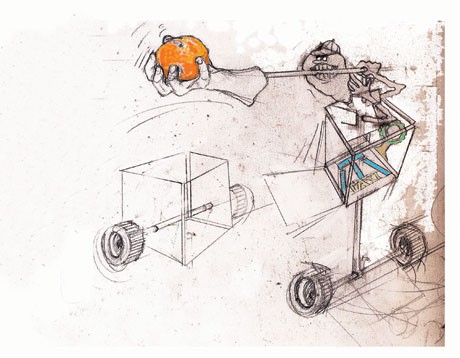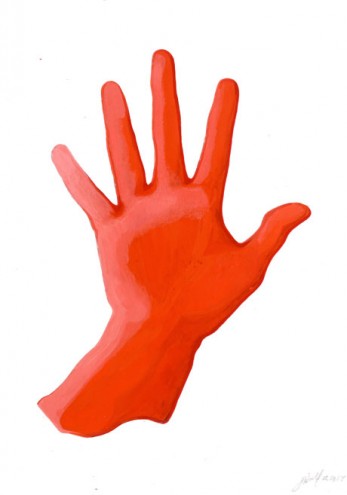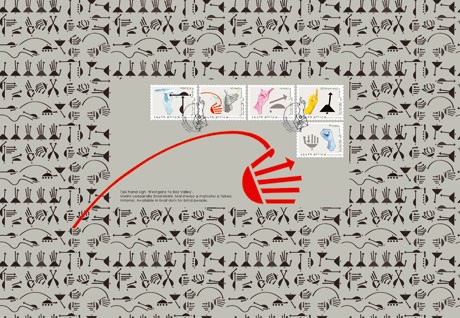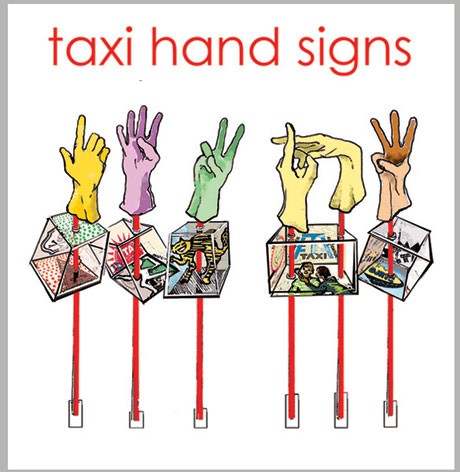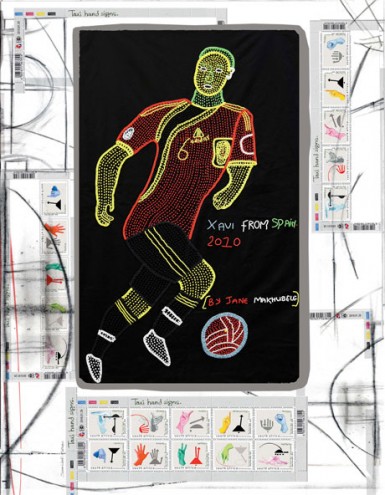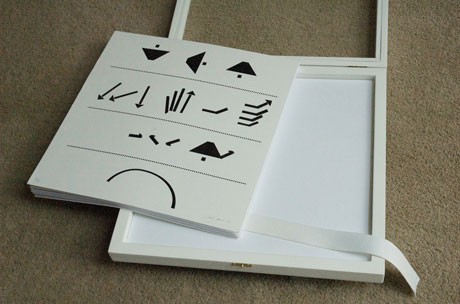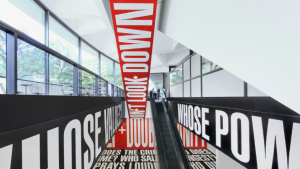For thousands of South African taxi commuters the different hand signals used to yield these minibuses are an everyday occurrence. Local artists and Wits PHD candidate Susan Woolf have now immortalised these signs. Comprising a range of postage stamps and a dictionary, they hope to educate and entertain the nation with South Africa’s 12th unofficial language.
The taxi hand signals project started as an idea for Woolf’s anthropology thesis titled, “Taxi hand signs and social spaces”. Through her thesis, Woolf investigated how taxi hand signs are a language comparable to sign language and how it compares to gestures in townships. “The aim is to make explicit the connections they make - geographically, historically, politically and culturally and within the community - raising the question of how taxi hand signs describe and define spatial dynamics in Gauteng,” Woolf explains.
Her work so impressed the critics at the national postal service, that Woolf convinced them that the taxi hand signs would be perfect for 2010 postage stamps. Woolf has also produced a pocket-size booklet and a dictionary for taxi commuters, with a map indicating the different routes in Gauteng.
Woolf has documented about 28 major hand signs, covering almost 80% of the taxi routes in Gauteng. In the next phase of her project, Woolf wants to cover the rest of South Africa’s taxi routes and create suitable literature for hearing-impaired people.
The set of ten stamps and two envelopes are available at Post Offices across South Africa.

